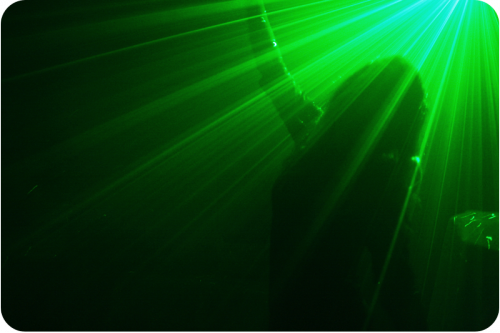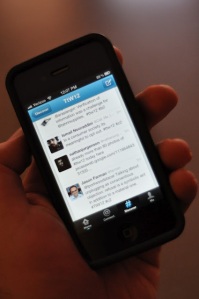
“Logging Off and Disconnection” presents an important new set of perspectives on a key theme of Theorizing the Web: ‘Cyberspace’ does not exist as an immaterial realm separate from human bodies and relationships. The online is instead always imbricated with the offline and the connections we make and unmake are crucial determinants of of both spaces. This panel explores this co-determination from the perspectives of those who decide, or are forced, to disconnect from online media in order to examine the relationships between personal participation and motivation and structuring forces of media design, cultural narrative, and economies of data and prosumption.
Jenny Davis’ qualitative study of Facebook users explores how social networking technology’s tight integration into the rhythms and relationships of everyday life highlights the tension between moral definitions of a meaningful life and cultural ambivalence about the technology’s effects on sociality. Jessica Roberts uses the global data of the world Unplugged projectto investigate the behavioral and emotional responses university students had to a 24-hour withdrawal from ambient media. She expands the ‘awareness systems’ tradition in computer science and stresses the integration of already-existing awareness systems into daily life, demonstrating that the seamless connectivity of ambient media makes it harder for students to recognize how their relationships with, and through, those media function. Laura Portwood-Stacer focuses on discourses of Facebook rejection in popular and alternative media outlets and in her interviews with ‘non members’. This rejection of a specific, dominant medium is an important piece of non-members’ production and negotiation of political and ethical identity. Finally, Jessica Vitak builds on the rich social scientific research literature on self-presentation and privacy in order to explore different users’ management of personal information, audience relationships, and social norms through the specific affordances of Facebook . All four researchers illustrate how in relationships with and through online media the links not made, the social graphs refused, are powerful forces in media ecologies and (non-)users’ lives.
[Paper titles and abstracts are after the jump.] more...







